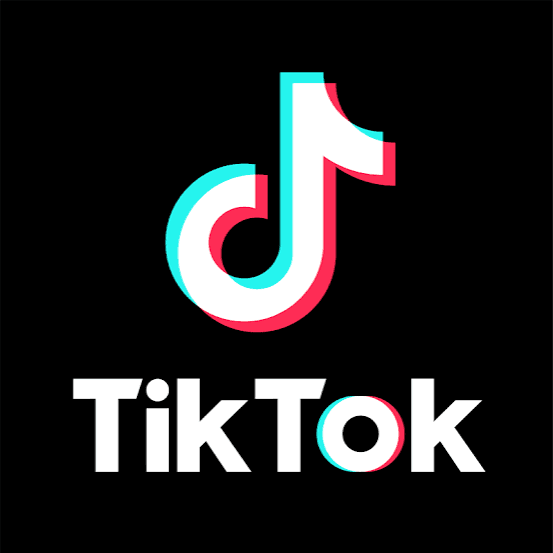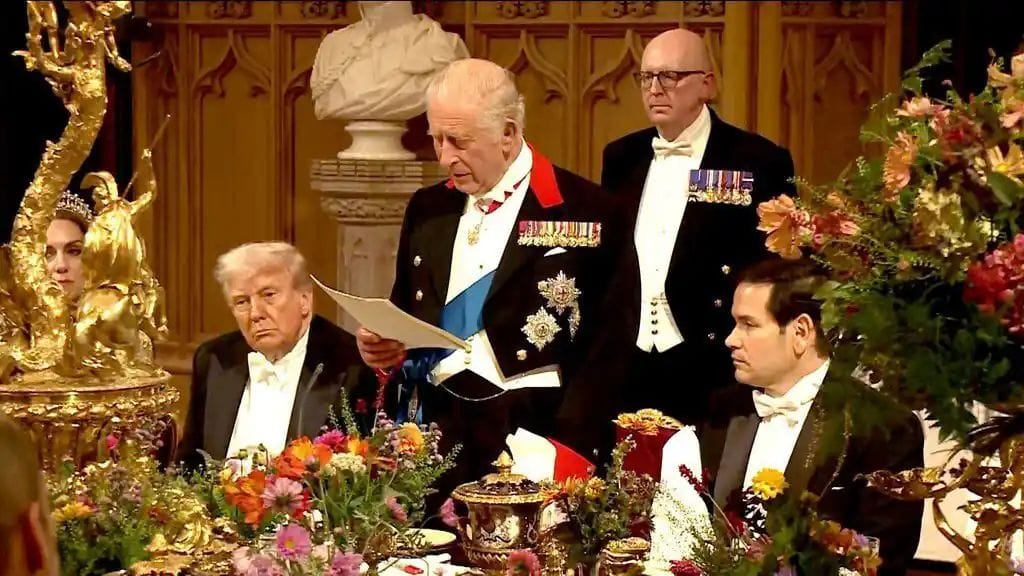The U.S. and China reach a TikTok US deal to transfer ownership while addressing trade tensions, national security, and global tech concerns.
The United States and China have reached a preliminary TikTok US deal, setting the stage for the Chinese-owned platform to come under U.S.-controlled ownership.
This agreement, announced on Monday, forms part of broader discussions on trade tensions, technology regulation, and national security concerns.
President Donald Trump celebrated the progress in a Truth Social post, writing that a deal had been reached with “a certain company that young people in our Country very much wanted to save.
They will be very happy!” Trump added that he will speak with Chinese President Xi Jinping on Friday to finalize the details of the TikTok US deal.
U.S. Treasury Secretary Scott Bessent confirmed the framework following two days of negotiations in Madrid with Chinese Vice Premier He Lifeng.
The talks addressed not only TikTok ownership but also wider U.S.-China trade issues, including tariffs, supply chain challenges, and high-tech regulations.

“We have a framework for a TikTok US deal,” Bessent said, emphasizing that the commercial terms have been agreed upon between private parties.
“It’s between two private parties, but the commercial terms have been agreed upon.” He added that the Trump-Xi discussion would be key to completing the agreement.
TikTok, owned by China-based ByteDance, has nearly two billion users worldwide and plays a critical role in youth culture, commerce, and political engagement.
A federal law requiring the app’s sale or ban on national security grounds was scheduled to take effect on January 20, the day before Trump’s inauguration.
However, Trump paused the ban, later extending the deadline by 90 days to allow TikTok to find a U.S. buyer.
This extension is set to expire on Wednesday, making the Madrid talks a decisive moment for the TikTok US deal.
Initially, Trump supported a ban or forced divestment, citing national security concerns. But he later reversed course, highlighting TikTok’s importance in mobilizing young voters during the November election.
Analysts caution that national security risks remain. Sarah Kreps of Cornell University’s Tech Policy Institute noted that the framework does not yet clarify data protection measures or algorithmic transparency, both central to ensuring safety in the proposed TikTok US deal.
The Madrid negotiations coincided with broader U.S.-China trade discussions. Earlier this year, escalating tariffs disrupted global supply chains, with the United States imposing 30 percent duties on Chinese goods, while China retaliated with 10 percent tariffs on U.S. exports.
While both sides agreed to a temporary truce, the arrangement expires in November, keeping trade tensions high.
In addition to TikTok, the discussions covered critical high-tech sectors. Washington has accused Beijing of slow-walking export licenses for rare earth materials essential to the automotive, electronics, and defense industries.
Beijing responded with investigations into U.S. semiconductor imports, including an anti-dumping probe on integrated circuit chips and scrutiny of U.S. policies affecting Chinese manufacturers.
On Monday, China also announced that Nvidia had allegedly violated antitrust rules, signaling heightened oversight of U.S. tech firms.
Analysts say these moves reflect the fierce competition between the U.S. and China in semiconductors, a strategic sector intertwined with national security concerns.
While the TikTok US deal resolves ownership questions, experts emphasize that data security, content moderation, and algorithm transparency remain unresolved.
Any long-term solution will require regulatory oversight to ensure the platform protects user information while remaining commercially viable.
President Trump framed the Madrid talks as a diplomatic success.
“The meeting in Europe has gone VERY WELL! The relationship remains a very strong one!!!” he posted on Truth Social.
High-level diplomatic and defense communications between the two nations suggest that a formal Trump-Xi summit could soon solidify agreements on both TikTok and broader trade issues.
The TikTok US deal underscores the platform’s cultural, commercial, and political significance.
Beyond entertainment, TikTok serves as a major marketing tool for small businesses, a hub for creative expression, and a political engagement platform for younger voters.
The framework’s shift to U.S. ownership could preserve its popularity while addressing national security concerns.
The TikTok US deal represents a landmark step in U.S.-China tech diplomacy. While ownership issues appear resolved, ongoing discussions will be necessary to tackle data protection, algorithm oversight, and trade tensions.
The outcome could set a precedent for handling other foreign-owned technology platforms, shaping global digital policy and international economic relations.


